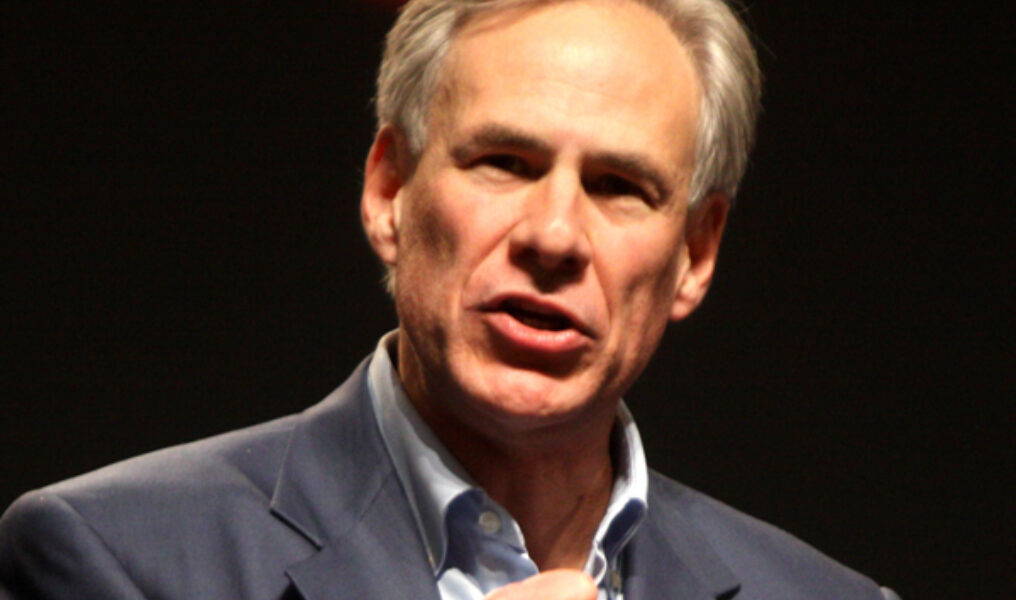Texas Gov. Greg Abbott is facing mounting criticism for new regulations in his state allowing social workers to turn away patients because they're LGBTQ or have a disability.
Two Texas agencies — the Texas State Board of Social Worker Examiners and the Behavioral Health Executive Council — voted unanimously last week to change a section of its code of conduct to move non-discrimination protections based on sexual orientation, gender identity and disability.
The decision was made at the last-minute on the behest of Abbott, who cited objections to the non-discrimination policy have protections that went beyond state policy on social work, according to the Associated Press.
As a result, social workers in Texas — at least under state policy — are now allowed to reject patients based on solely on the basis of being LGBTQ or having a disability, a situation advocates for these communities say places already vulnerable communities at greater risk.
Ricardo Martinez, Chief Executive Officer of Equality Texas, was among the advocates objecting to the change.
"The social workers' code of conduct previously helped ensure ethical treatment of all clients and prevented bias-motivated misconduct," Martinez said in a statement. "Now with the removal of sexual orientation, gender identity and gender expression from the code, LGBTQ+ folks who experience discrimination could face more obstacles to getting the help they need."
Abbott's office didn't immediately respond Tuesday morning to the Washington Blade's request to comment on whether the governors stands by the change amid the criticism. An article in Yahoo News quotes Renae Eze, an Abbott spokesperson, as saying, "It's not surprising that a board would align its rules with statutes passed by the Legislature."
Emmett Schelling, executive director of the Transgender Education Network of Texas, said in a statement the change would be devastating for transgender people in Texas.
"Many LGBTQ+ Texans struggle to access competent, quality and affordable health care as is," Schelling said. "There is always a real possibility that trans Texans specifically could be turned away or dissuaded from accessing the medical resources they need. At a time when many in our community require services to make it through an isolating pandemic, attempting to grant providers a license to discriminate is abhorrent."
According to a joint statement from groups opposing the decision, Abbott's request wasn't included in agenda materials, and public comment on the change before the vote wasn't allowed. Although the agencies stripped out non-discrimination language on disability and LGBTQ status, they left most prohibitions against discrimination based on other characteristics, such as age, gender, race, religion or political affiliation, the statement says.
Will Francis, executive director of the Texas chapter for the National Association of Social Workers, said in a statement professional rules still bar social workers from engaging in discrimination, but the change is still unacceptable.
"Social workers already have the ability to decline to provide services to a client based on their competencies and training, but they cannot discriminate based on selective personal values," Francis said. "The language in the Code of Conduct was taken directly from the social work Code of Ethics, which was developed in 1960 and serves as the standard-bearer for defining the values and principles that guide social workers' conduct in all practice areas."
The Texas agencies made the change after the state legislature failed to pass bills exempting social workers and mental health professionals from non-discrimination policies of the basis of religious objections. In Tennessee, former Gov. Bill Haslam signed legislation into law along those lines in 2016.
A study from the Center for American Progress in June found LGBTQ Americans face high levels of discrimination, including in health care and mental health. And 15 percent of LGBTQ Americans, including 3 in 10 transgender individuals, reported having postponed or avoided medical treatment out of fear of discrimination, the report says.
This article originally appeared in the Washington Blade and is made available in partnership with the National LGBT Media Association.










